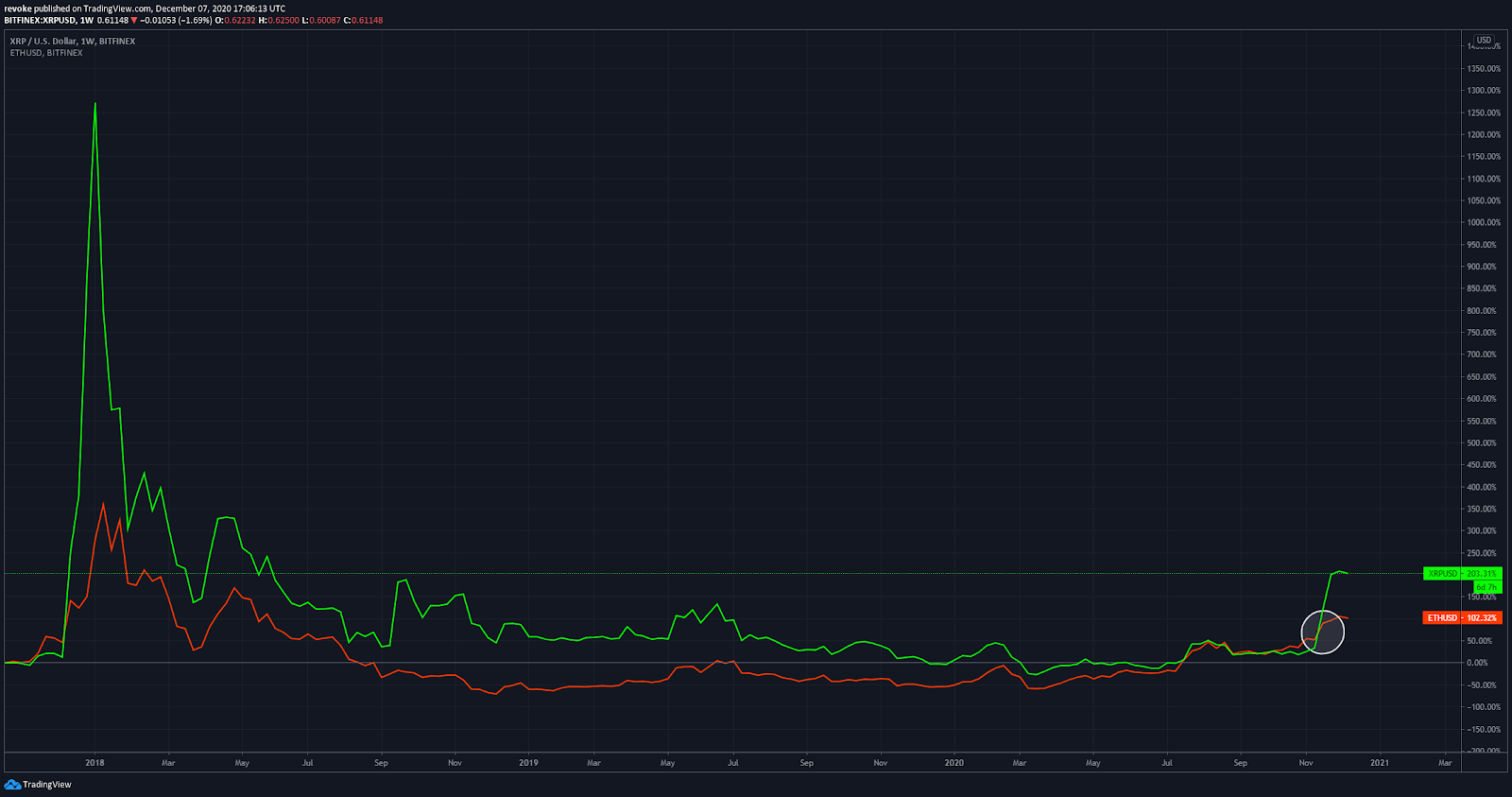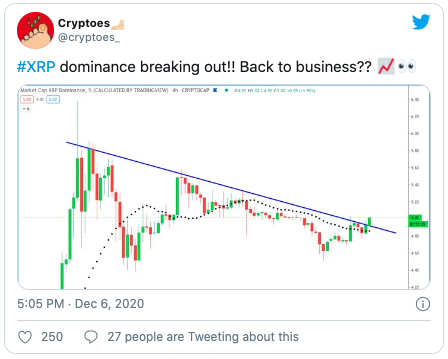Fear Among Big Investors May Support Bitcoin's Polarizing Rally

(Jakub Jirsak/Dreamstime
Sunday, 06 December 2020 08:36 PM
The financial industry was something of a curious onlooker during Bitcoin’s furious, retail-led rally past $19,000 in 2017. There are signs the sector is playing more of role in the cryptocurrency’s latest surge.
Licensed crypto exchanges, Bitcoin funds and a regulated futures market give the likes of trend-following quant funds, asset managers and family offices avenues for investment that didn’t exist a few years ago. Mix in this year’s 170% jump in Bitcoin’s price amid a once-in-a-generation pandemic, and it becomes clearer why more institutions might size up the volatile asset.
“The multitude of regulated crypto exchanges and custodians has eliminated the ‘career risk’ for institutional investors,” PwC’s Hong Kong-based Global Crypto Leader Henri Arslanian said in an interview. “In 2017, there was retail FOMO. The question is whether we will see institutional FOMO in 2021.”
Bitcoin began December by hitting a record just shy of $20,000. Proponents argue it’s muscling in on gold as a portfolio diversifier, as stimulus injections to counter the economic damage from the pandemic weaken the dollar. Critics see pure gambling by retail investors and speculative pros in a scandal-prone sector, and anticipate a bust like the one after the peak three years ago.
JPMorgan Chase & Co. strategists point to the Grayscale Bitcoin Trust — which invests in the digital coin and tracks its price — as a potential window into wider crypto ardor beyond the retail demand from Millennials.
The trust’s “exponential” growth suggests longer-term investors like asset managers and family offices may have been playing a bigger role in recent weeks, compared with trend-following commodity trading advisors, a team led by Nikolaos Panigirtzoglou wrote in a Nov. 27 note.
The Grayscale vehicle’s assets have swollen to more than $10 billion from $2 billion at the start of December last year, its website and factsheets show. It drew almost $720 million of inflows in the third quarter, according to an investment report, which said institutions — dominated by hedge funds — accounted for 81% of the money coming into the firm’s digital-asset funds.
Guggenheim Partners LLC last month reserved the right for its $5.3 billion Macro Opportunities Fund to invest in the Grayscale trust.
“Institutional investors are keen on portfolio construction in the wake of Covid, and the ways they need to reposition themselves given how governments have injected stimulus into the system,” Michael Sonnenshein, managing director of Grayscale Investments in New York, said in an interview, adding the size of investment allocations is growing.
Over the summer, Fidelity Investments announced the launch of a passively managed Bitcoin fund aimed at qualified purchasers through family offices, registered investment advisers and other institutions. Public companies Square Inc. and MicroStrategy Inc. recently invested in the coin. Investment managers Paul Tudor Jones and Stan Druckenmiller have backed the digital asset as a hedge against potential inflationary pressure, though price increases remain subdued.
Strategists have started to expand or initiate coverage of Bitcoin, sensing more demand for crypto analysis in the financial industry.
One example is U.S. brokerage BTIG LLC, whose chief equity and derivatives strategist Julian Emanuel wrote last month that cryptocurrency will come of age in part due to the policy response to the economic hit from the pandemic.
Digital assets remain a fringe market for the approximately $52 trillion of funds managed by institutional investors. After all, total crypto market capitalization is just $580 billion, according to data tracker CoinMarketCap. Moreover, potential obstacles remain, such as the fact that Bitcoin ownership is concentrated among a few large holders often referred to as whales.
Still, PwC’s Arslanian expects increased pressure on asset managers to consider Bitcoin as investors become more comfortable with it. “The question investors will ask fund managers will gradually switch from ‘why did you invest in crypto?’ to ‘why have you not yet invested in crypto?’” he said.
© Copyright 2020 Bloomberg News. All rights reserved.

Markethive Advertisement
The original article posted on Newsmax.com/Finance.
Article reposted on Markethive by Jeffrey Sloe

































